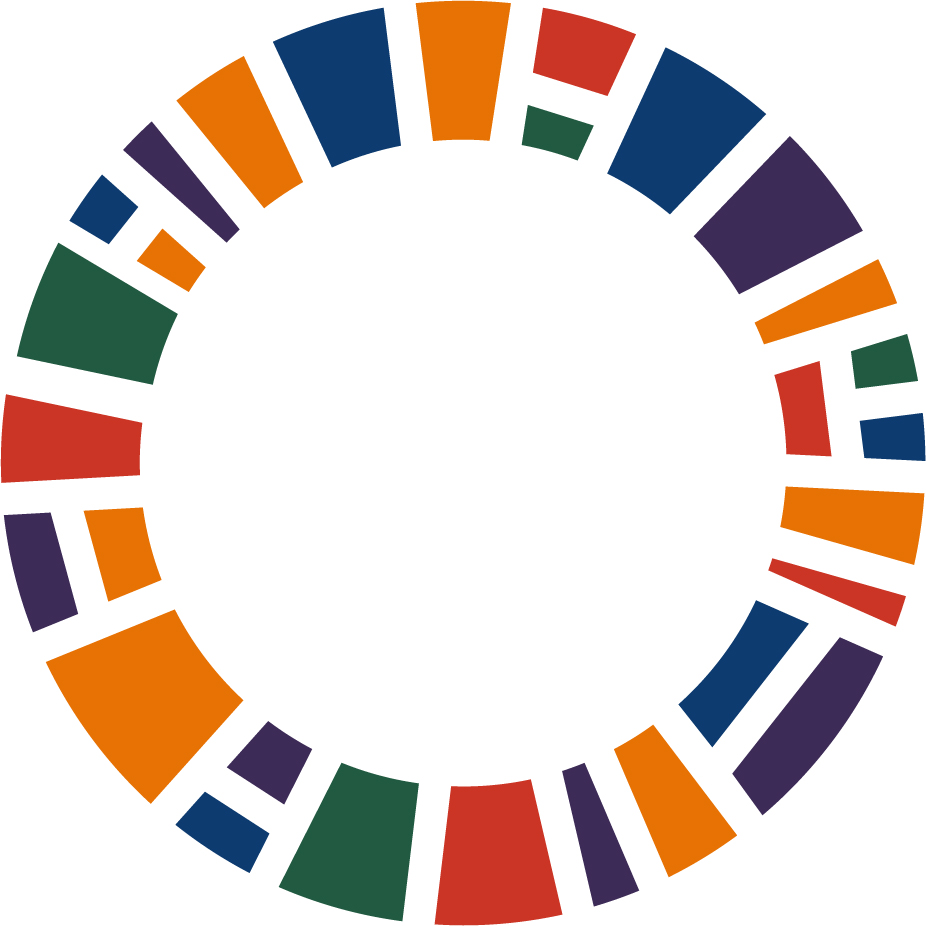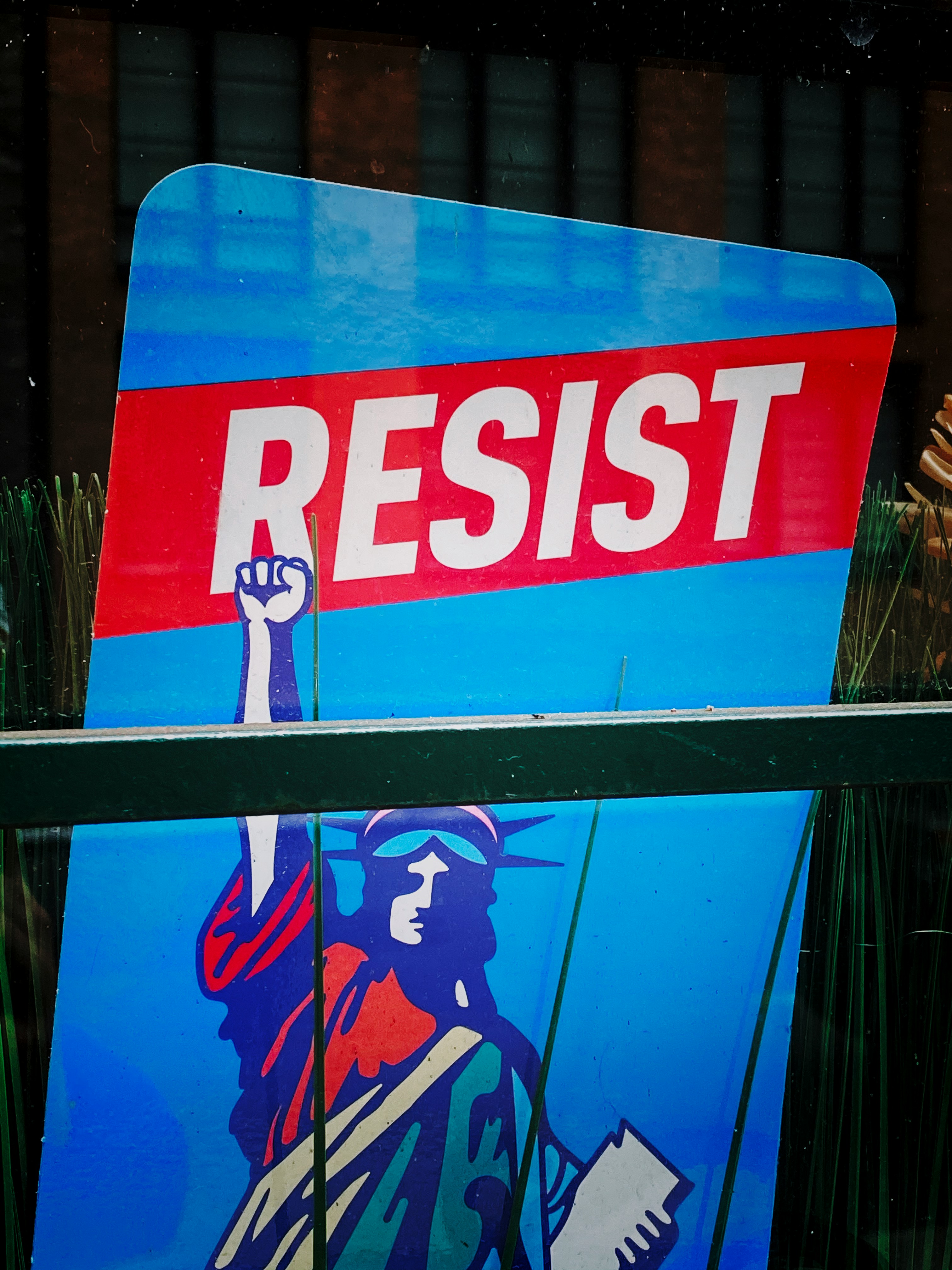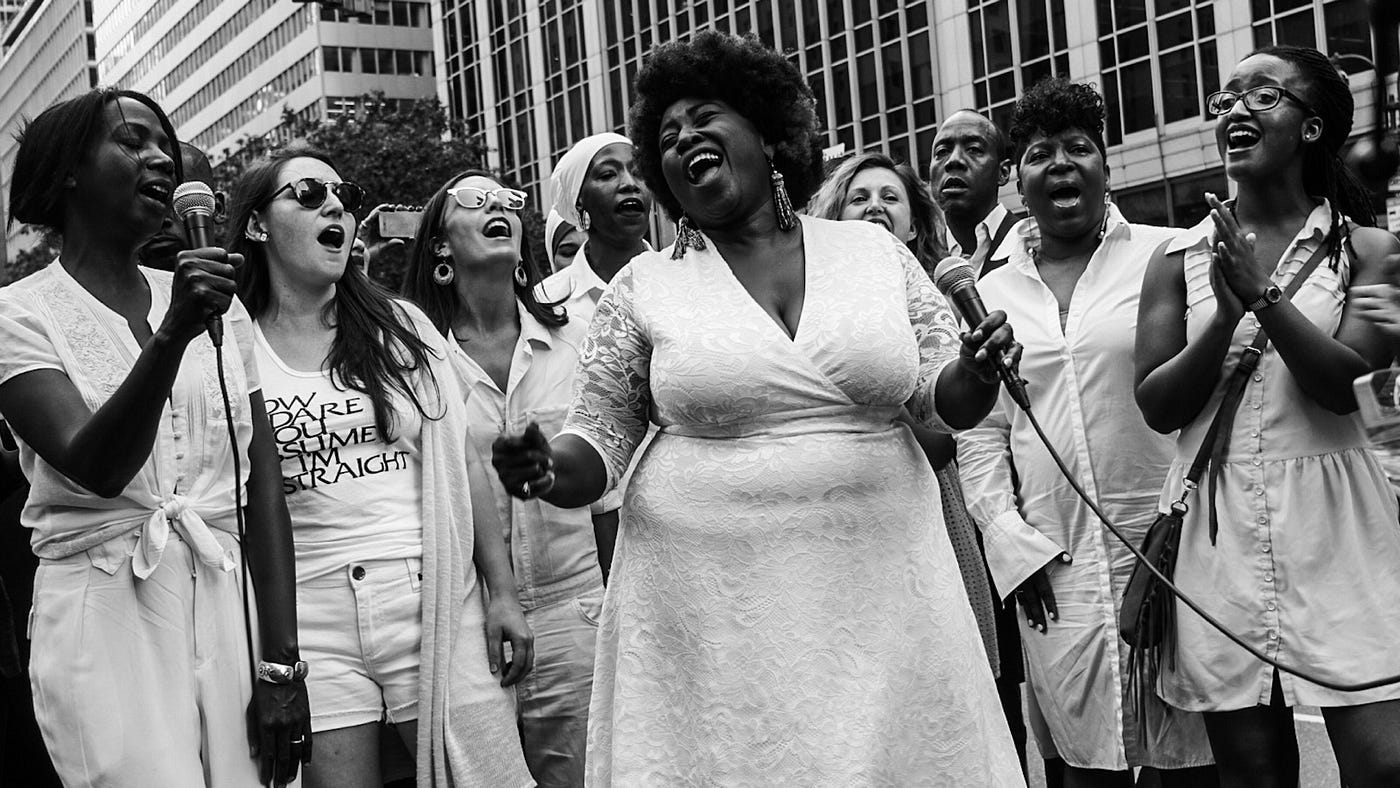General
The ungodly motive behind Trump’s ‘school prayer’ pledge
In addition to President-elect Donald Trump’s promise that he’ll be “closing up the Department of Education,” one of the more troubling planks of his education platform is his pledge to “support bringing back prayer to our schools.” How could he bring back something that never left? “As long as there are math tests, there will be prayer in schools,” said the late James Dunn of the Baptist Joint Committee for Religious Liberty...
Transcript

Announcing the 2025-2026 Interfaith Leadership Network Fellows
Interfaith Alliance is proud to announce the 2025–2026 cohort of the Interfaith Leadership Network, an extraordinary group of clergy, pro-democracy advocates, and community leaders advancing civil rights, inclusive religious freedom, and democracy in communities across the country. Through practical support, funding, and a powerful peer network, these fellows will mobilize interfaith collaboration to confront urgent local challenges and strengthen a pluralistic democracy.

One Year of The Trump Administration’s Attacks on Faith Communities and Abuse of Religion
Over its first year, the Trump administration has weaponized religion to advance a white Christian nationalist agenda, attacking faith leaders, houses of worship, immigrants, and religious minorities while undermining core principles of religious freedom. Even as federal power has been used to intimidate and exclude, faith communities across traditions have mobilized to defend democracy, pluralism, and the right of all people to practice their beliefs.

